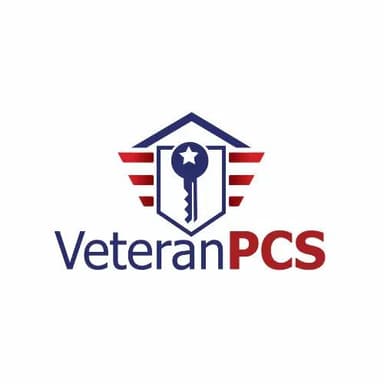Moving is often a challenging endeavor, and when it comes to military families, the process of Permanent Change of Station (PCS) takes on a whole new level of complexity. PCS overseas can be particularly daunting, as it involves relocating to a foreign country with unfamiliar customs, regulations, and logistical considerations. To ensure a smooth and successful transition, military families need to be well-prepared and equipped with the right knowledge and resources. In this article, we will explore essential steps and strategies to help military families navigate the PCS overseas process with confidence. From researching and planning to managing documentation, finances, and emotional well-being, we will provide valuable insights and practical tips to help military families prepare for the move and settle into their new environment with ease.
Understanding the PCS Overseas Process
What is a PCS?
So you’ve received orders for a PCS overseas? First of all, congratulations on the new adventure! But wait, what exactly is a PCS? Well, it stands for Permanent Change of Station, and it’s essentially the military’s way of saying, “Pack your bags, we’re moving!” It’s a process that every military family goes through when they are required to move to a new duty station, whether it’s within the country or overseas.
Overview of the PCS Overseas Process
Now that you know what a PCS is, let’s talk about the overseas part. Moving internationally can sound intimidating, but once you understand the process, it becomes much more manageable. The PCS overseas process involves researching your new location, planning for the move, considering financial aspects, and securing housing and accommodations. In this article, we’ll guide you through each step to help make your transition smoother and less stressful. So, let’s dive in and get you ready for your overseas adventure!
Researching and Planning for the Move
Gathering Information about the New Location
Before you embark on your international journey, it’s crucial to gather as much information as possible about your new location. Get your detective hat on and start researching! What’s the climate like? Are there any language barriers? Will you need any special documents or visas? Understanding the cultural differences, available amenities, and community resources will make it easier for you to adapt and feel at home in your new surroundings.
Exploring Housing Options
Ah, the joy of house hunting in a foreign country! But don’t fret, we’ve got your back. Look into military housing options, both on-base and off-base, to see what suits your needs best. Consider factors like location, amenities, and the school district if you have children. Don’t forget to take a virtual tour or two if that option is available. Embrace the excitement of finding your new home, even if it’s continents away!
Researching Schools and Educational Facilities
If you have kids, their education will be a top priority. Research the schools and educational facilities in your new location to ensure a smooth transition for them. Look for international schools or schools that offer curriculums similar to what they were studying previously. Reach out to other military families who have been stationed there for their feedback and recommendations. After all, it’s not just about textbooks but also making new friends and adapting to a new school environment.
Understanding Healthcare and Medical Services
Staying healthy is essential no matter where you are. Familiarize yourself with the healthcare system in your new location. Research the availability of medical facilities, doctors, specialists, and pharmacies. Find out if you need to enroll in a new healthcare plan or if your current coverage will be sufficient. Don’t forget about any necessary vaccinations or health screenings required for your family members. Being prepared in terms of healthcare will give you peace of mind in your new surroundings.
Financial Considerations and Budgeting for the Move
Assessing Expenses and Creating a Budget
Moving can be expensive, especially when it involves crossing oceans. Before you start stressing about draining your bank account, take the time to assess your expenses and create a budget. Consider costs such as transportation, packing and shipping, housing deposits, and utility setup fees. Don’t forget to factor in any potential income changes due to the move. Creating a budget will help you stay on track financially and avoid any unwelcome surprises along the way.
Utilizing Military Resources and Benefits
Being a military family comes with its perks, and that includes a range of resources and benefits to support you during your PCS overseas. Take advantage of programs like the Military Family Support Center, Defense Travel Management Office, and the Military OneSource website. These resources can provide valuable information, support, and even financial assistance during your move. Don’t hesitate to tap into the military network to make your transition smoother and more manageable.
Planning for Unexpected Costs
Let’s face it, unexpected costs have a knack for popping up at the most inconvenient times. It’s always a good idea to have a contingency plan for unforeseen expenses. Set aside some emergency funds to cover unexpected costs like repairs, medical emergencies, or last-minute changes to your travel plans. Planning ahead will save you from the stress of scrambling for money when a curveball comes your way. Remember, Murphy’s Law loves to make an appearance during moves!
Securing Housing and Accommodations
Contacting Military Housing Office
When it comes to securing housing, the military housing office should be your go-to resource. Contact them as soon as possible to discuss your options and the availability of on-base housing. They can guide you through the application process, eligibility requirements, and any specific details related to your new duty station. The military housing office is there to make the housing aspect of your move as smooth as possible.







